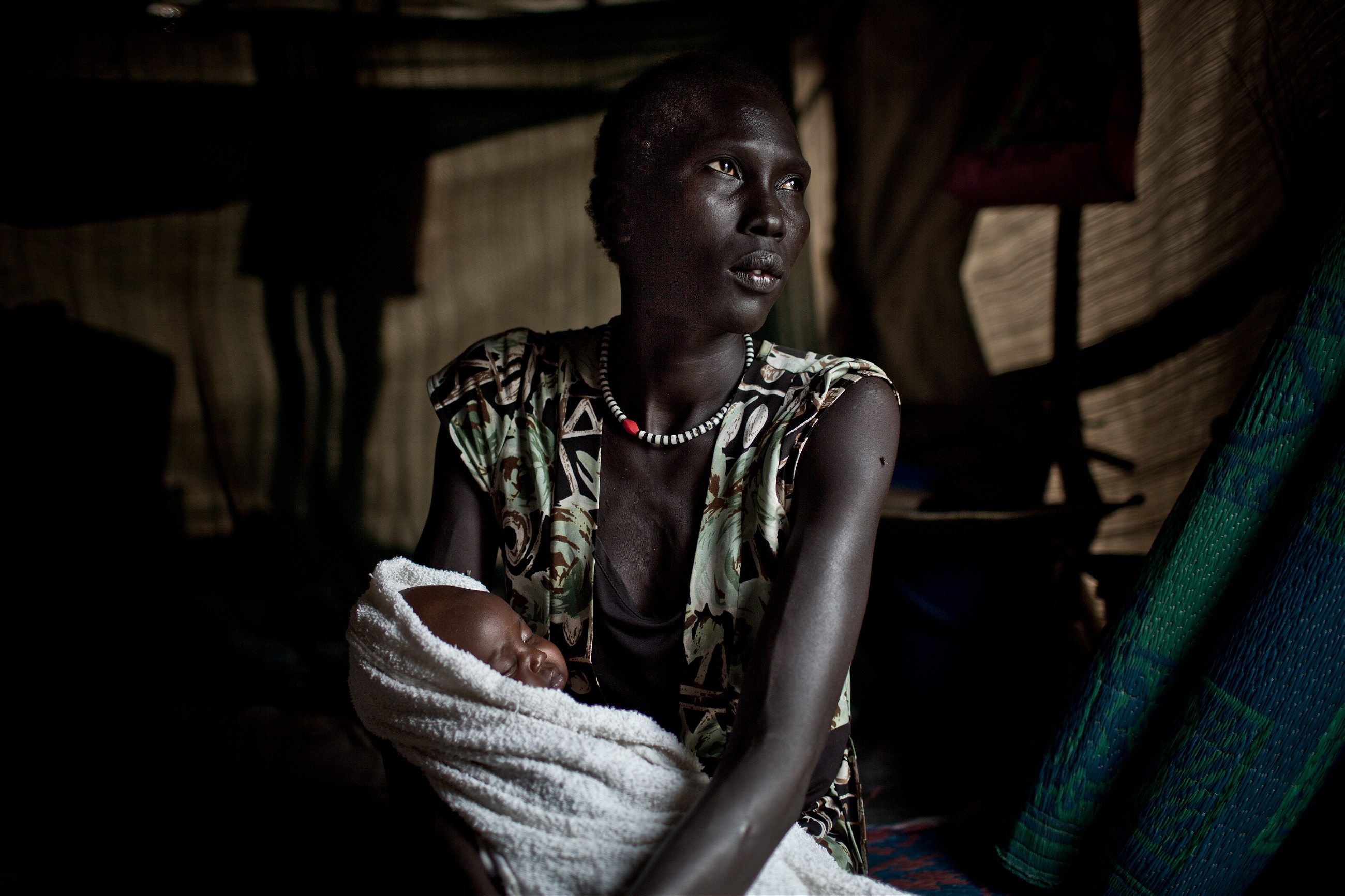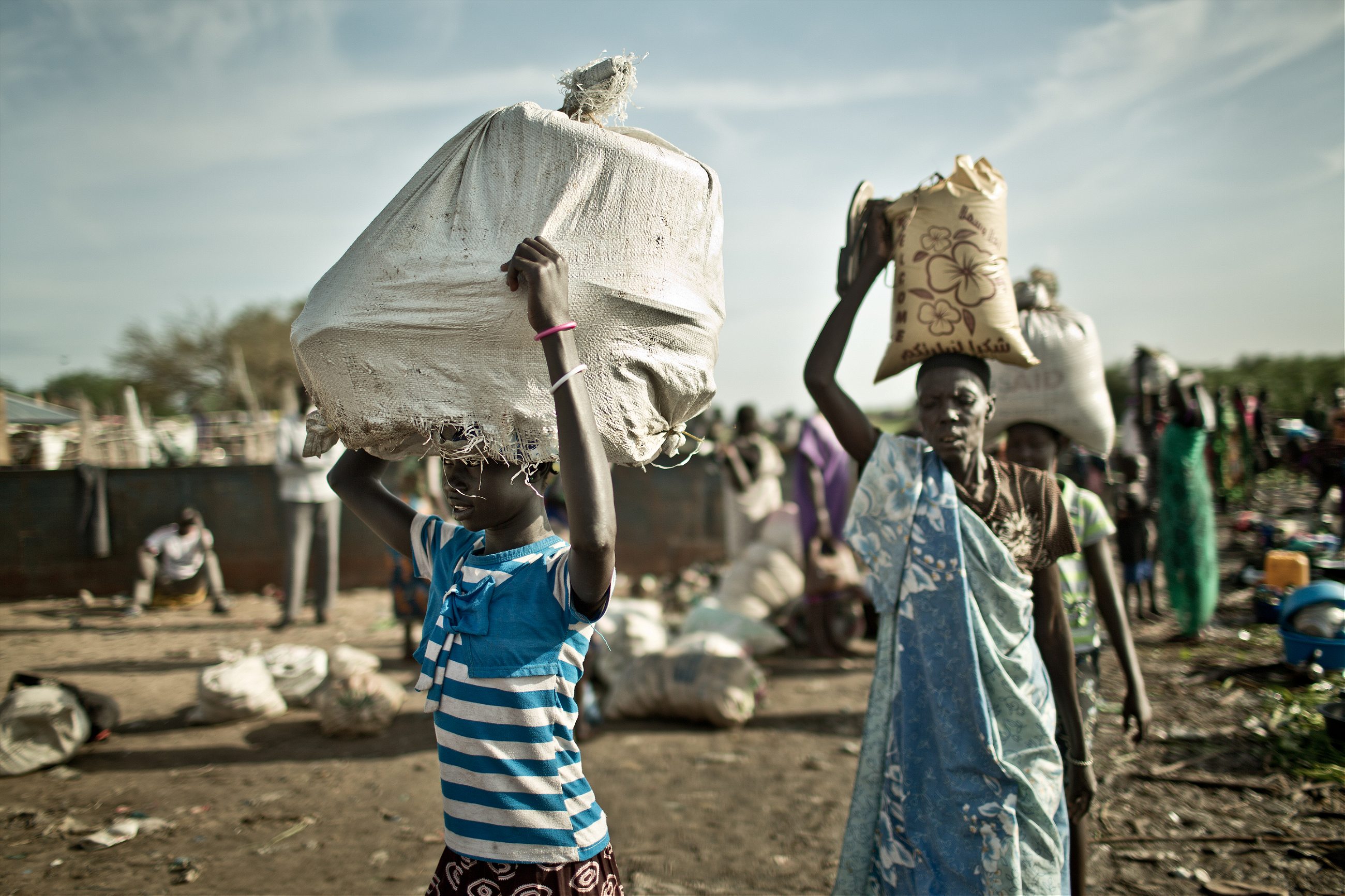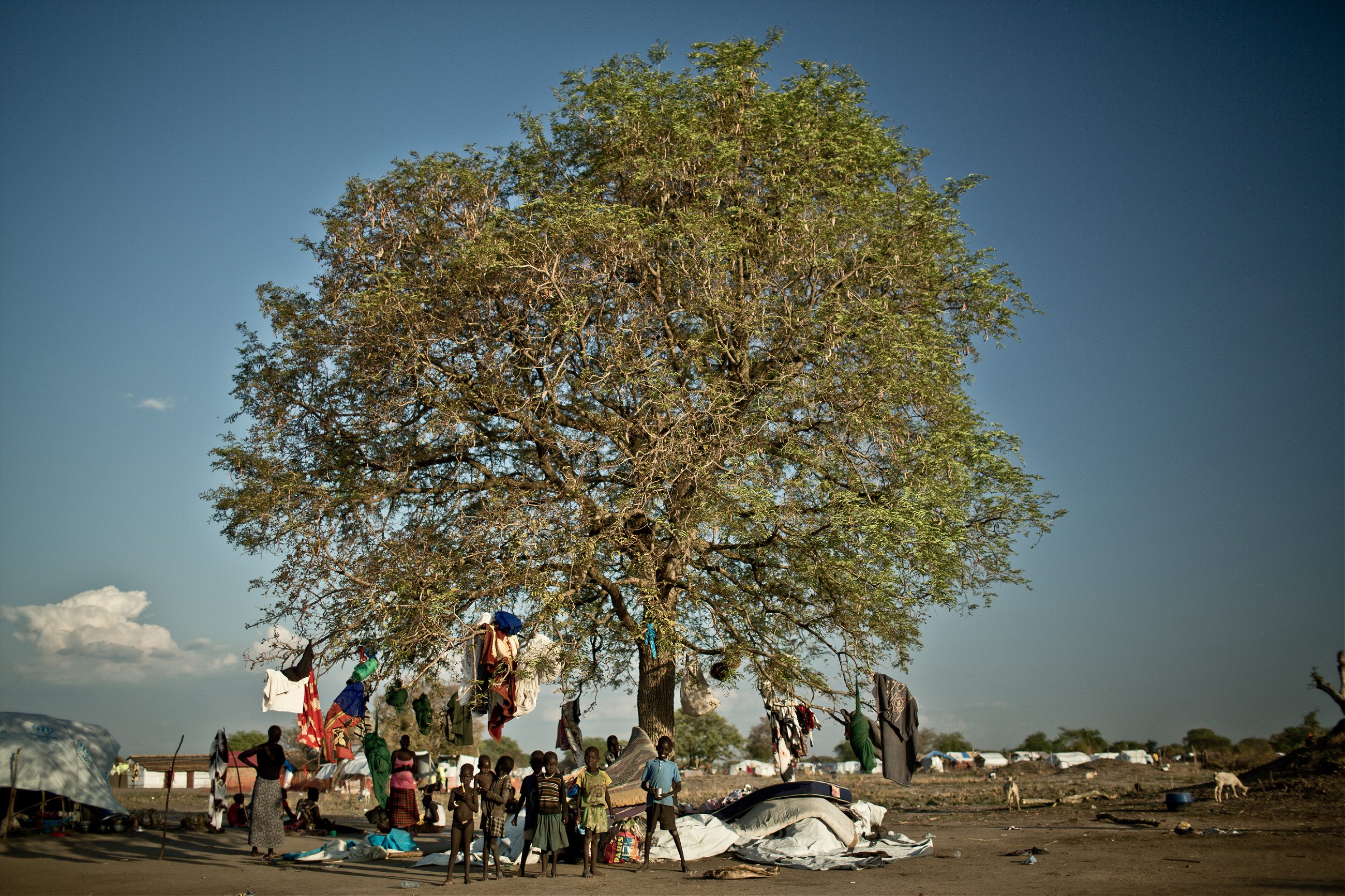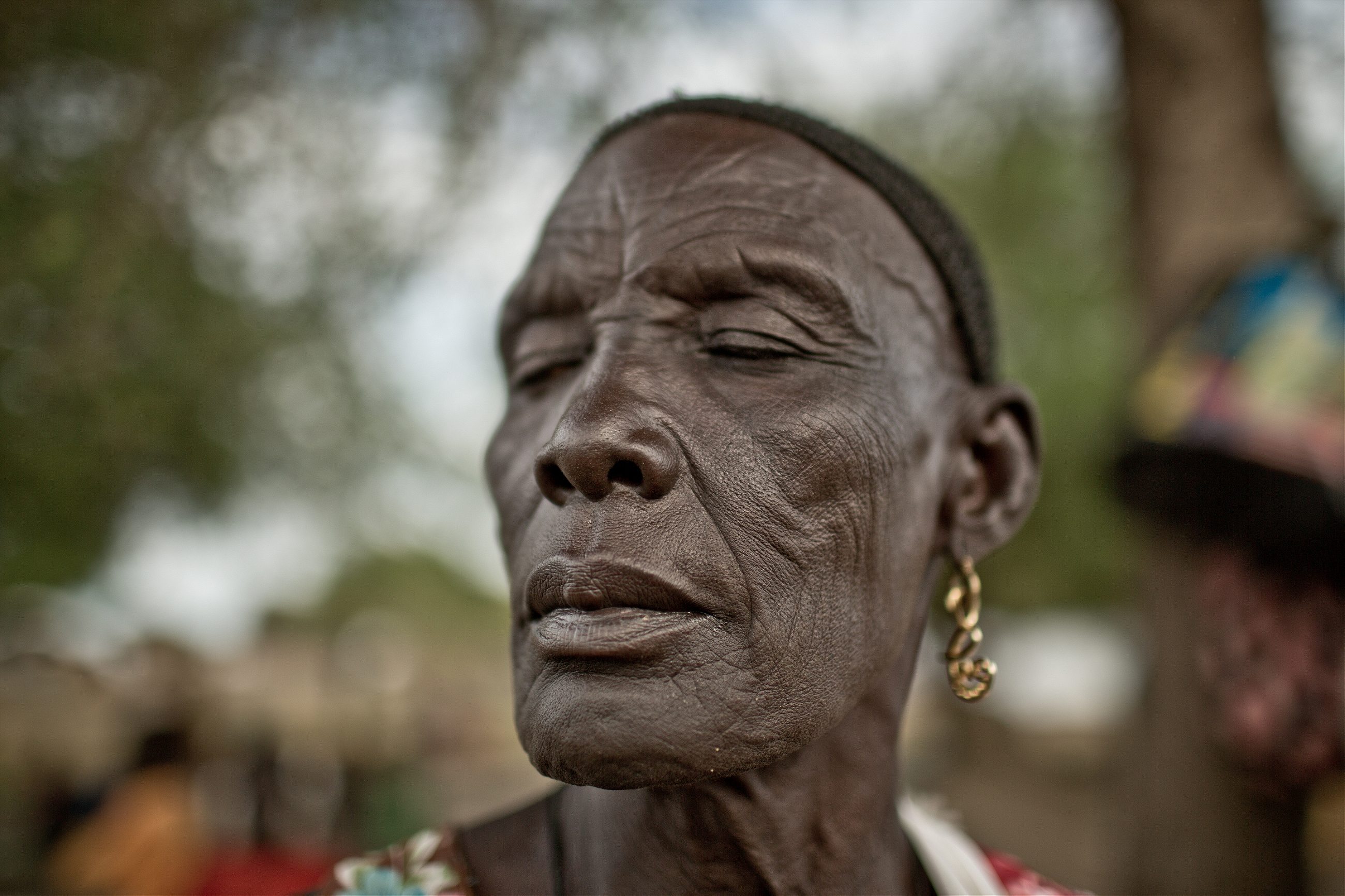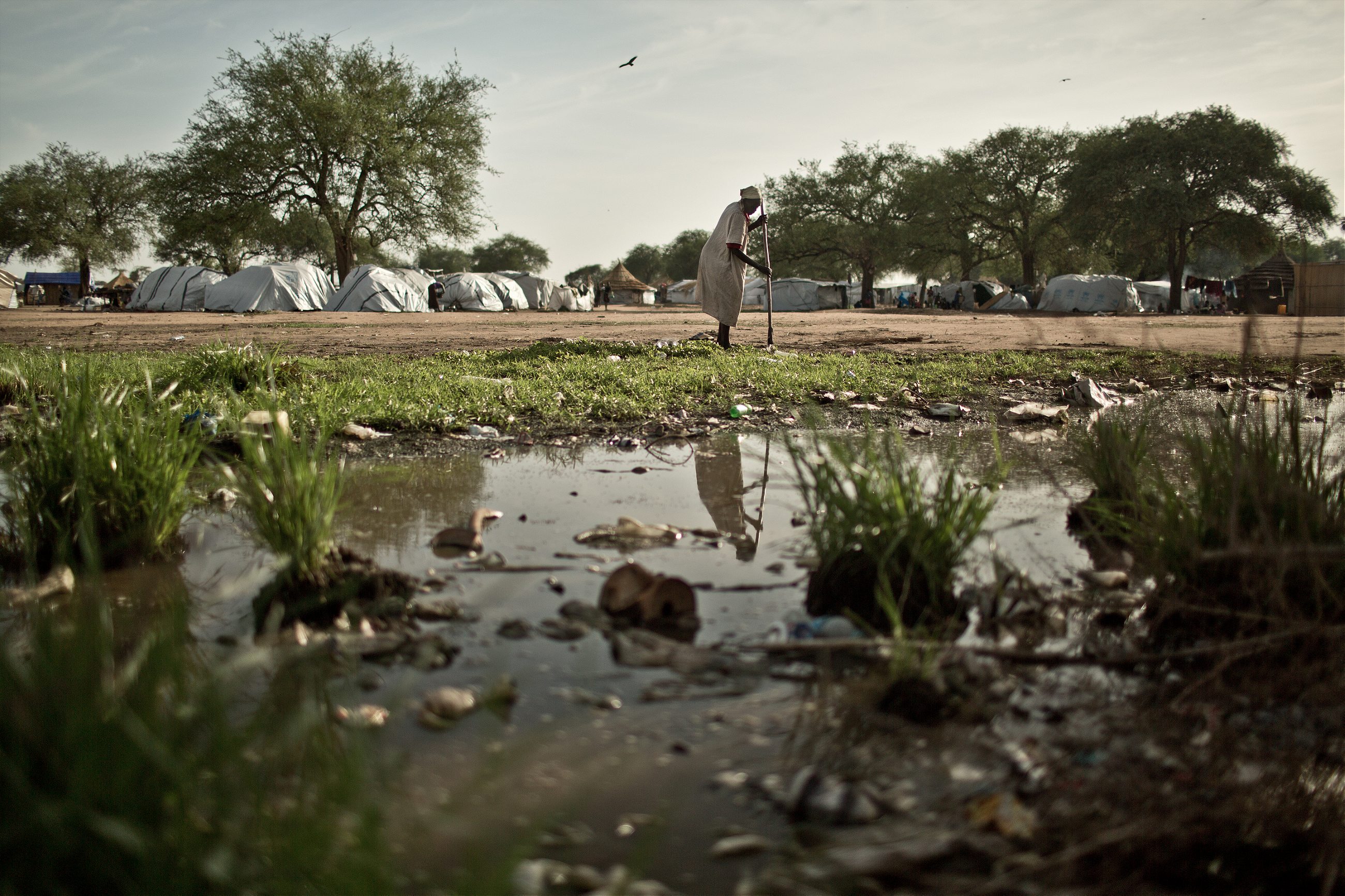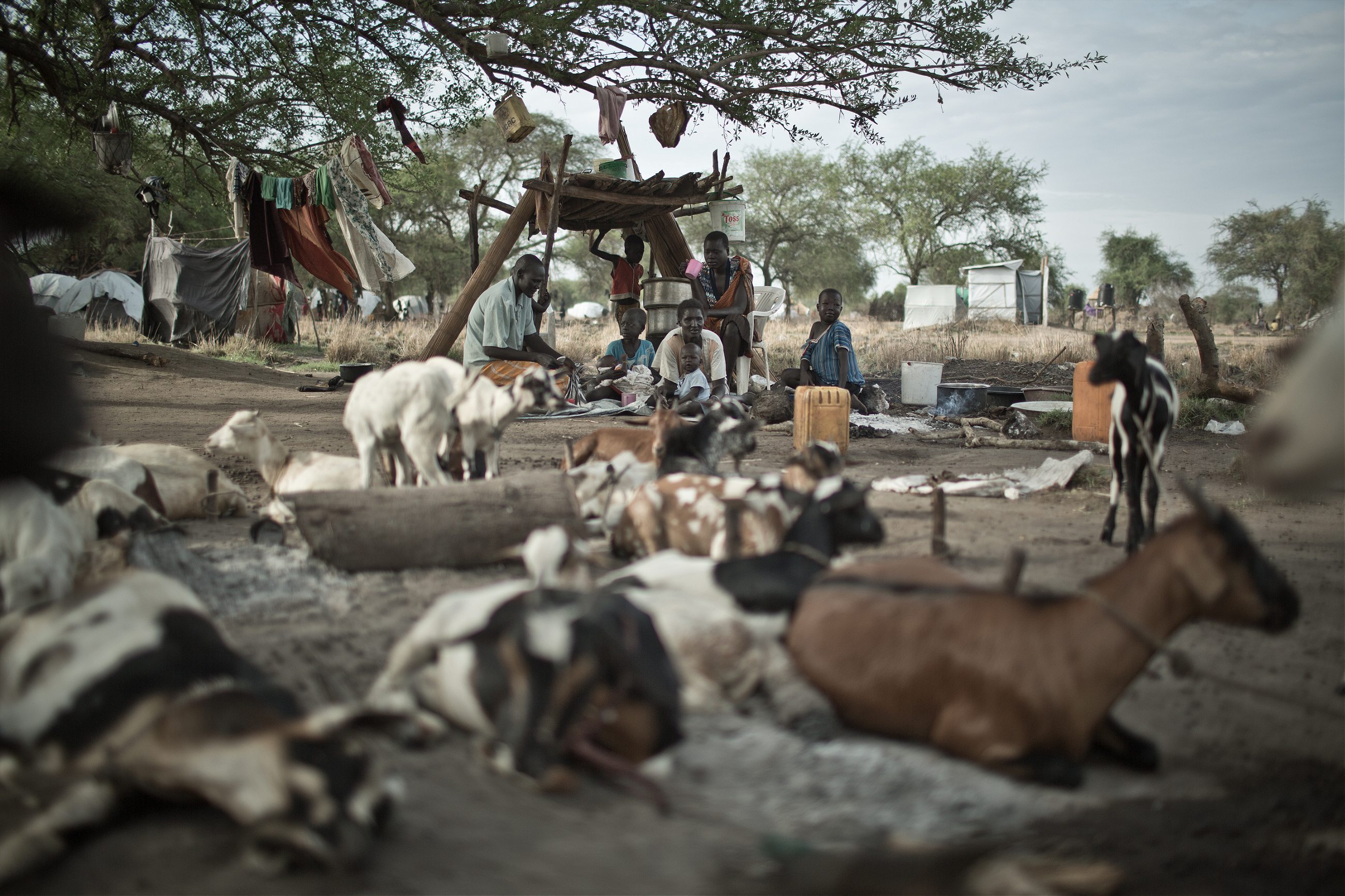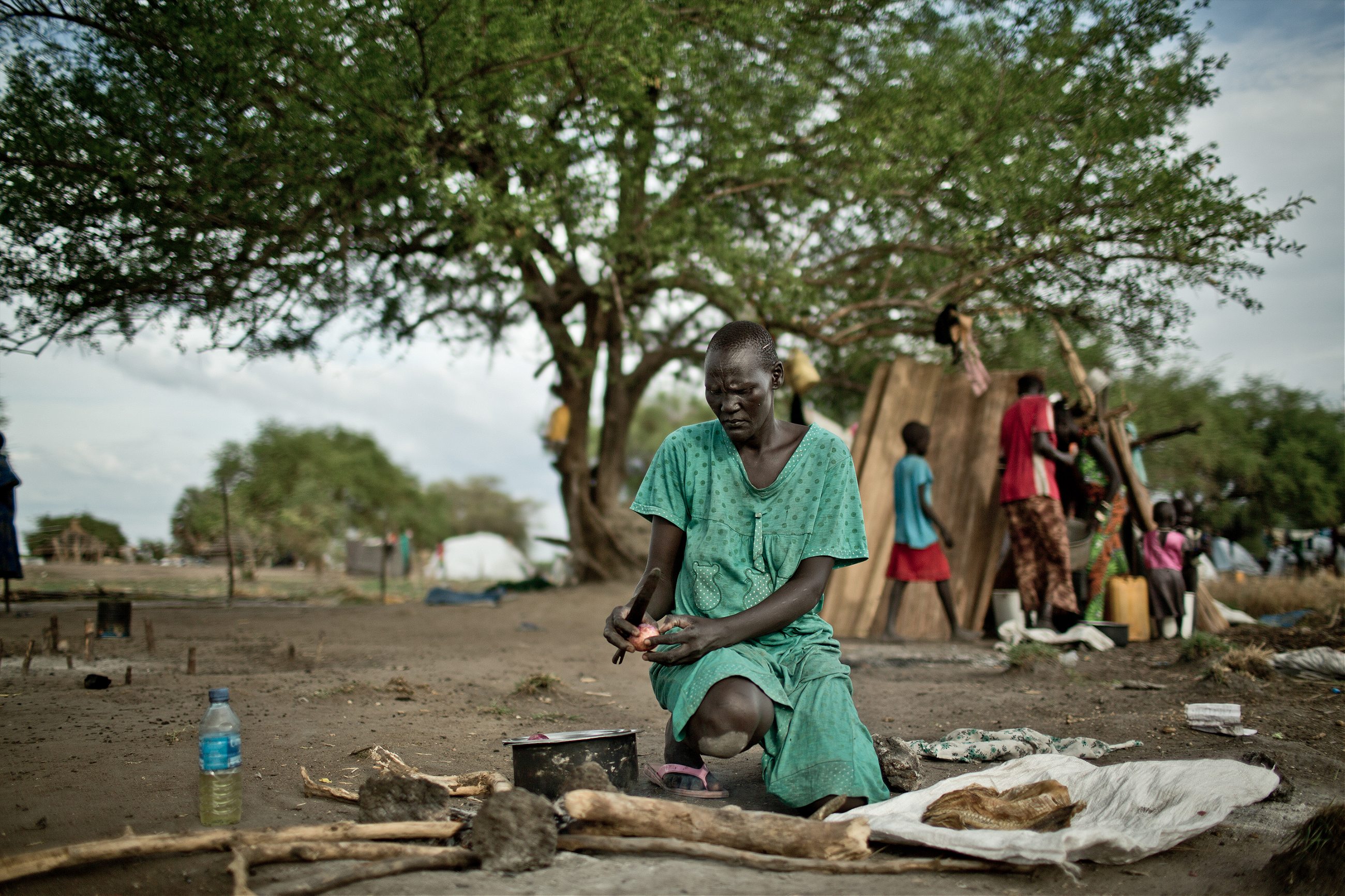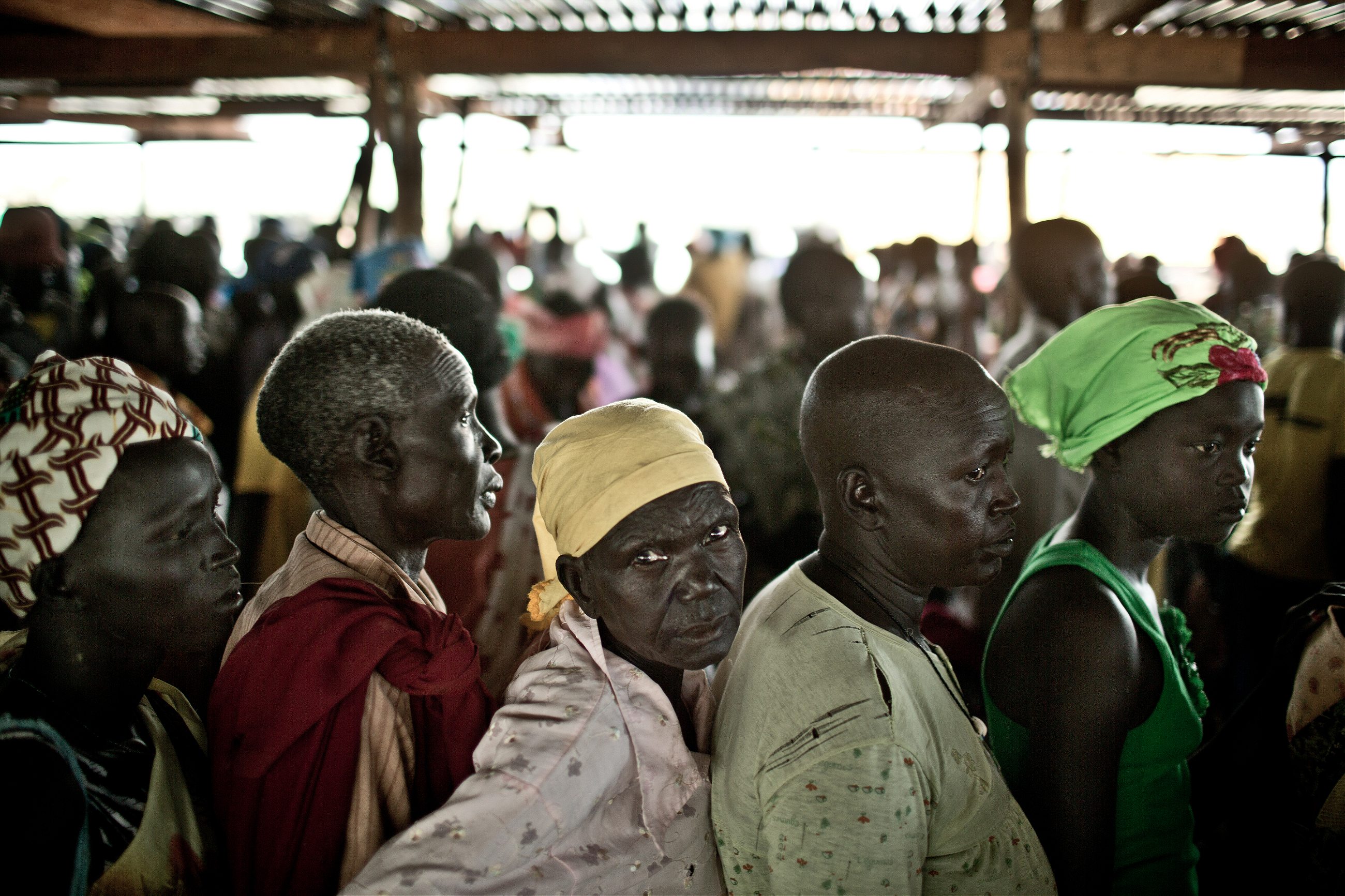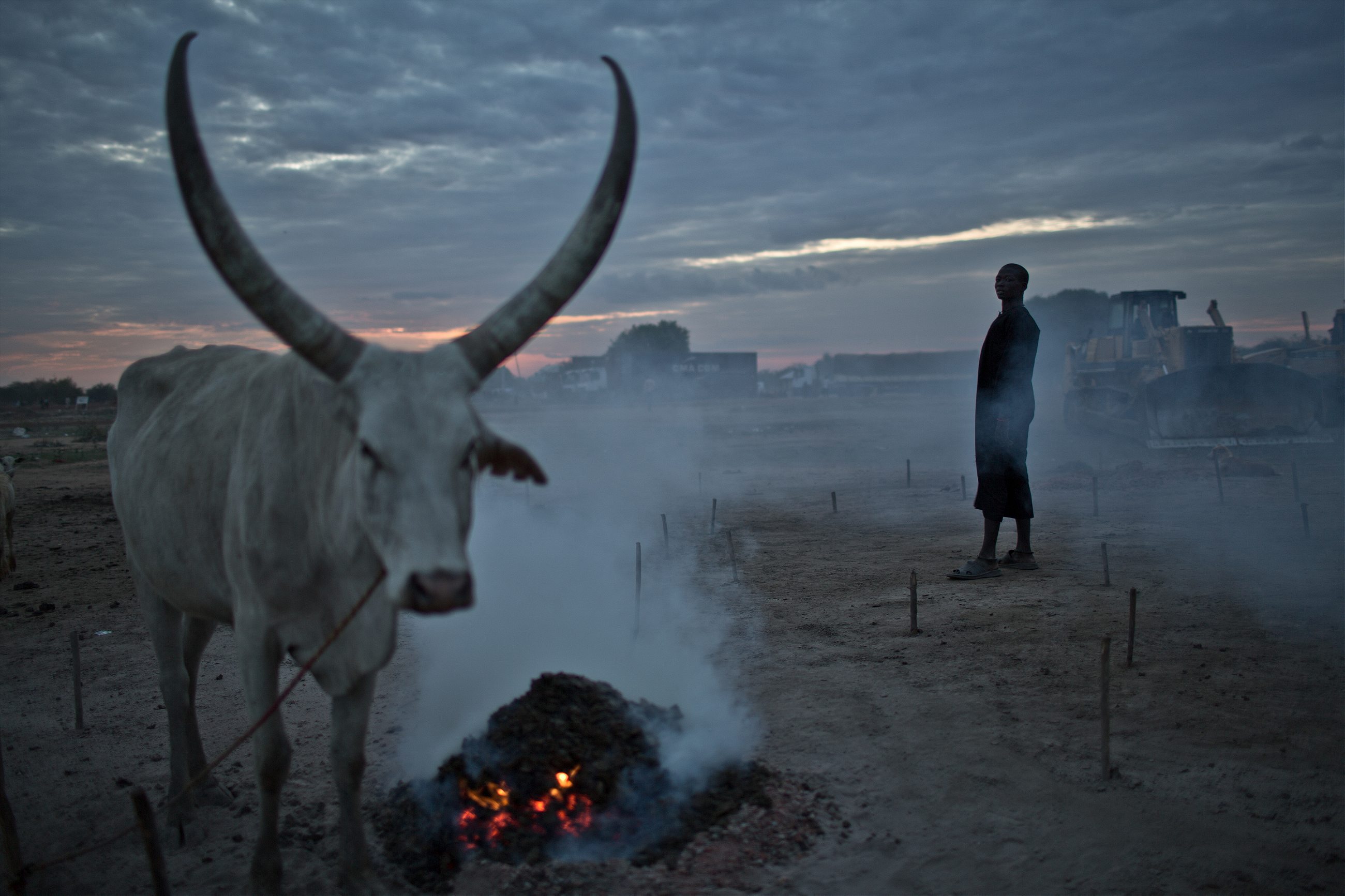Fighting has started again in the world’s youngest country. But an old truth still reigns: women always pay a high price for wars started by men.
It was Africa’s longest-running civil war, with two million lives lost over 50 years from 1955-2005. But an even older truth reigned in Sudan’s internecine violence: women always pay a high price for wars started by men.
Now that fighting has started again in South Sudan, with troops loyal to the president, Salva Kiir, pitted against those aligned with his rival, former vice president Riek Machar, the women are still suffering.
In South Sudan, women are the last bastion of stability, the keepers of water and meals, the caretakers of the elderly and children. But like many others, Matha Nyandit was forced to flee her home after brutal attacks led by armed groups around the town of Bor in Jonglei state. Her husband was killed. She now struggles to survive with her children in Mingkaman, South Sudan’s largest camp for internally displaced people (IDP).
Before the conflict erupted, around 7,000 people lived in Mingkaman. In May 2014, that same number of people was settling here every week. Today, the camp’s population has reached nearly 100,000. But women like Nyandit must fight alone for their survival.
“Both opposing sides are aware of women’s role as caregivers and guarantors of stability in their communities,” explains Edmund Yakani of CEPO, a South Sudanese civil rights defense organization. He has been documenting the impact of the conflict on women among other issues. “Hence, they are systematically attacked. The women, who are primarily responsible for sustaining life, become, paradoxically, one of the main victims of violence and death in a war led by men.”
Nyandit says all she can do now is to survive and to wait for better times. Sitting under a tree in the vast expanse of the camp, she looks at her children and thinks about all the others in her situation. “Unfortunately, the only thing we can do is to keep hope.”
Julia Serramitjana contributed to this dispatch.
